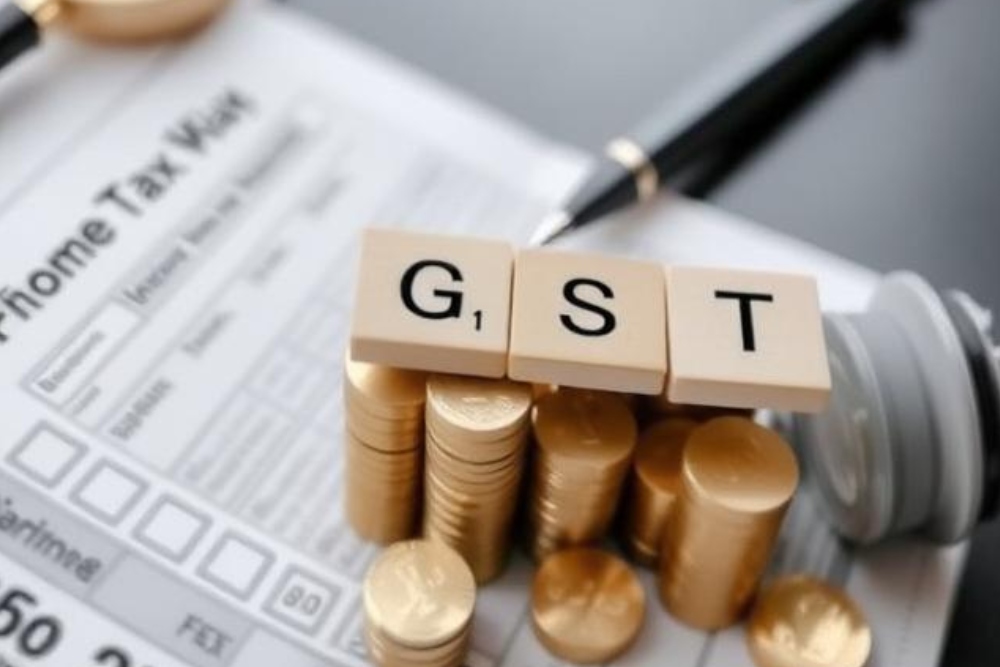
Tax compliance is a crucial aspect of financial well-being in India, impacting both individuals and businesses. Income Tax and Goods & Services Tax (GST) form the backbone of the country's taxation system. Income Tax is a direct tax levied on an individual’s or entity’s earnings, while GST is an indirect tax applicable to the sale of goods and services. Understanding tax regulations, filing returns on time, and ensuring compliance with changing laws can be complex, making expert guidance essential. Income Tax applies to salaried individuals, self-employed professionals, businesses, and corporations, with different tax slabs based on income levels. Efficient tax management helps in optimizing tax liabilities, availing deductions under various sections like 80C, 80D, and 10(10D), and ensuring timely return filing to avoid penalties. Additionally, businesses must adhere to TDS (Tax Deducted at Source) regulations and advance tax payments. Proper tax structuring can help individuals and firms legally reduce tax burdens while remaining fully compliant with Indian tax laws.
GST, introduced in 2017, has transformed India’s indirect taxation system by replacing multiple taxes like VAT, excise duty, and service tax. It streamlines tax collection, reduces cascading effects, and enhances transparency. Businesses with a turnover above the prescribed limit must register under GST and file regular returns. Proper GST compliance ensures seamless input tax credit claims, reduces tax-related disputes, and enhances business credibility. Staying updated with GST rate changes, return filing deadlines, and e-invoicing norms is vital for smooth operations.
Navigating the complexities of Income Tax and GST requires accurate record-keeping, timely filings, and compliance with legal frameworks. Whether you're an individual taxpayer looking to maximize deductions or a business aiming for seamless GST operations, expert tax assistance can help avoid penalties and ensure smooth compliance with Indian tax laws.